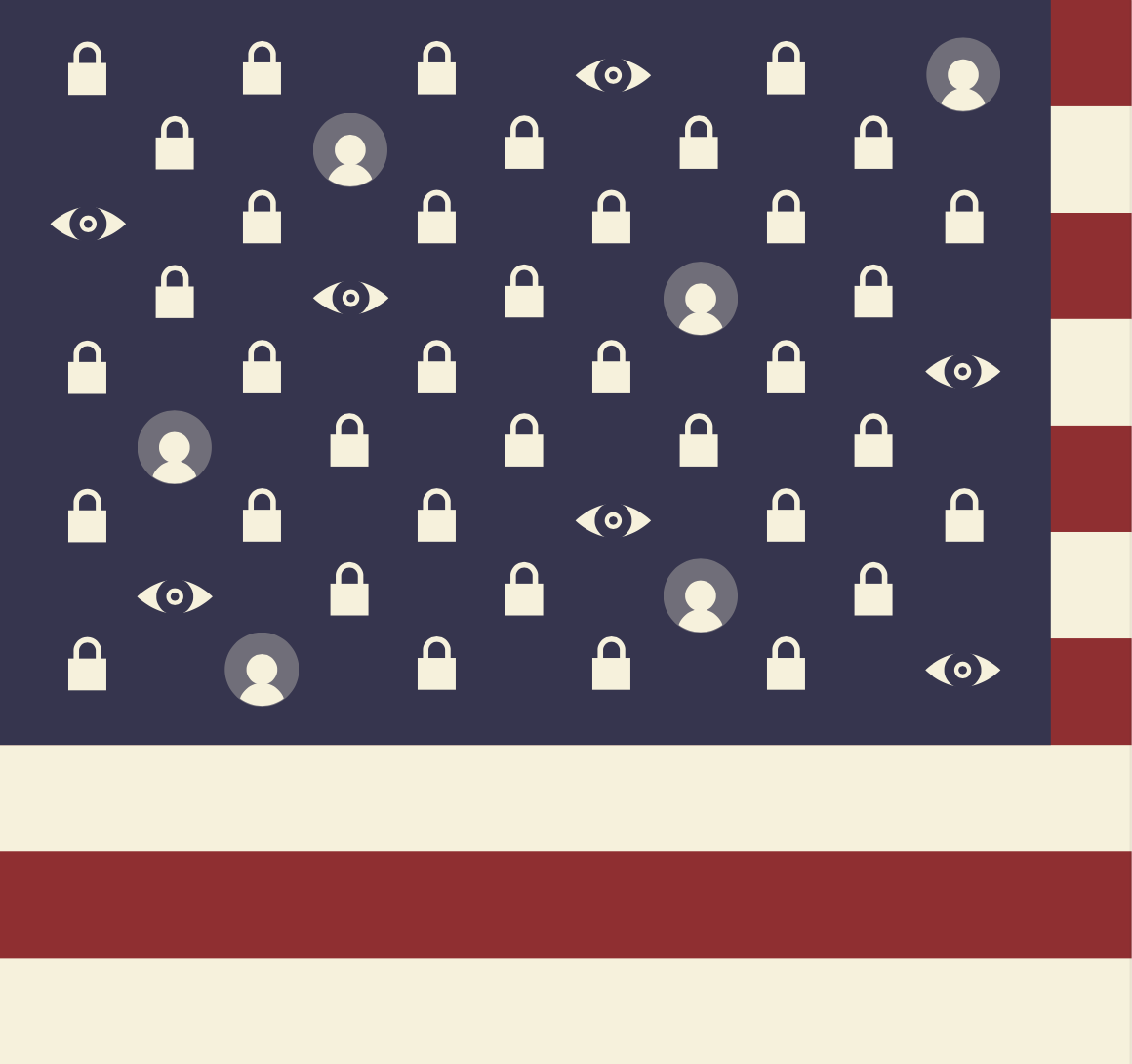WPF to speak at FTC Exploring Privacy Roundtable
FTC “Exploring Privacy” Roundtable Series — The World Privacy Forum has been invited to speak at the Federal Trade Commission’s first Privacy Roundtable, to be held December 7, 2009 in Washington DC.


FTC “Exploring Privacy” Roundtable Series — The World Privacy Forum has been invited to speak at the Federal Trade Commission’s first Privacy Roundtable, to be held December 7, 2009 in Washington DC.
FTC Privacy Roundtable — The World Privacy Forum filed comments last week for the FTC Privacy Roundtables, the first of which will be held December 7, 2009. The WPF comments urged the FTC to consider the Fair Credit Reporting Act as a key privacy model to apply to additional areas, to use the full version of Fair Information Practices, and discussed how a rights-based framework was the key to advancing consumers’ interests. The comments discussed list brokers at length, and explained how even the most informationally cautious consumer will land on numerous marketing lists and databases. The WPF comments noted that not all marketing lists are used to target ads to consumers; some lists and databases are used to deny consumers goods and services. The comments contain a detailed section on privacy frameworks, a section on direct marketing, and an appendix with supporting information.
The World Privacy Forum filed comments last week for the FTC Privacy Roundtables, the first of which will be held December 7, 2009. The WPF comments urged the FTC to consider the Fair Credit Reporting Act as a key privacy model to apply to additional areas, to use the full version of Fair Information Practices, and discussed how a rights-based framework was the key to advancing consumers’ interests. The comments discussed list brokers at length, and explained how even the most informationally cautious consumer will land on numerous marketing lists and databases. The WPF comments noted that not all marketing lists are used to target ads to consumers; some lists and databases are used to deny consumers goods and services. The comments contain a detailed section on privacy frameworks, a section on direct marketing, and an appendix with supporting information.
Madrid Declaration — A significant civil society document with more than 100 signatories worldwide has been published in conjunction with the 31st annual meeting of the International Conference of Privacy and Data Protection Commissioners. The document, known as the Madrid Declaration, affirms support for the complete canon of fair information practices as expressed by the OECD, affirms support of privacy as a fundamental human right, and warns that “the failure to safeguard privacy jeopardizes associated freedoms, including freedom of expression, freedom of assembly, freedom of access to information, non-discrimination, and ultimately the stability of constitutional democracies.”
FTC — The Federal Trade Commission has delayed the enforcement date of the Red Flag Rule until June 1, 2010.